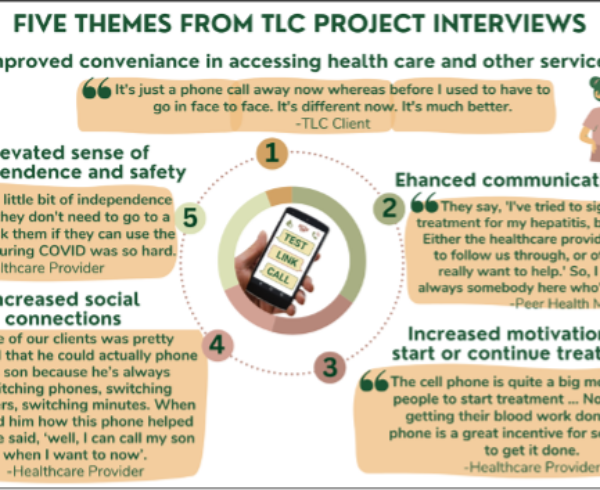
SEPTEMBER 5, 2024. By Amrit Tiwana, Nicola Gale, and Sofia Bartlett. People who experience criminalization, such as those who have been incarcerated,Read more
This cross-sectional survey aims to highlight the experiences of Canadian healthcare providers in supporting their clients to access treatments for Sexually Transmitted and Blood Borne Infections (STBBIs), including Hepatitis C Virus (HCV), Hepatitis B Virus (HBV), Human Immunodeficiency Virus (HIV), and infectious syphilis.
Certain populations in Canada that are the most vulnerable to STBBI exposure also experience inequitable access to timely treatment and cure, which can be due to delays in obtaining or qualifying for a medication insurance plan. Priority populations include people experiencing homelessness, people who use drugs, people with experience of incarceration or criminalization, newcomers to Canada, and Indigenous peoples. This survey was designed to collect feedback from frontline healthcare providers about their experiences in assisting these populations to obtain a drug insurance plan that enables them to fill prescriptions for STBBI treatments in a timely and equitable way.
Unlike most other high-income countries, Canada does not offer a universal system for medication insurance but instead has a “patchwork” of public and private plans. This system leaves certain populations vulnerable to being either uninsured entirely or to having inadequate coverage to meet their medication needs. In 2021, Stats Canada reported that this gap was estimated at approximately 21% of all Canadian adults, with one in five people not having any prescription insurance to cover medication costs. Certain populations, including low-income groups, people experiencing homelessness and criminalization, and newcomers to Canada are both more likely to have been exposed to sexually transmitted and blood-borne infections (STBBIs) and to be uninsured for treatment. To achieve public health goals and prevent community transmission, Canada’s medication insurance policies should be aligned with its public health and STBBI interventions.
Findings and results will be published on the STBBI Pathways website (www.STBBIpathways.ca) and submitted to peer-reviewed journals. We will also share key insights with providers and community-based organizations via webinars and knowledge updates.

The News & Stories page include blogs written by team members, news, project updates and past and upcoming events.

SEPTEMBER 5, 2024. By Amrit Tiwana, Nicola Gale, and Sofia Bartlett. People who experience criminalization, such as those who have been incarcerated,Read more
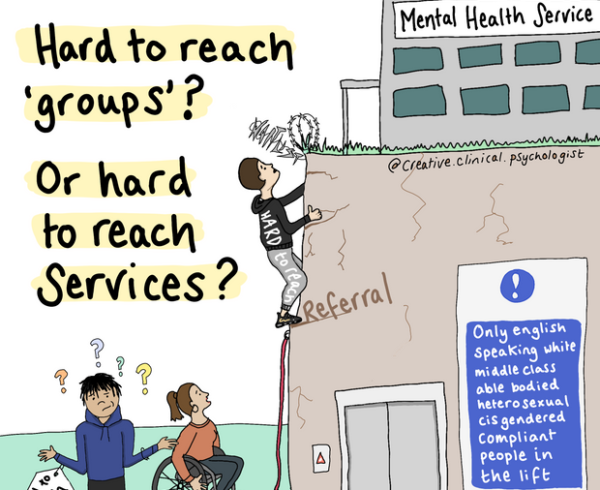
AUGUST 2024. By Nicola Gale, RPh (APA), MPH. More about Nicola Gale. Nicola Gale is a clinical pharmacist with an out-patient liverRead more

By Pacific Public Health Foundation NOVEMBER 8, 2023, Pacific Public Health Foundation Test, Link, Call: a simple premise with a powerful purposeRead more

By BC Ministry of Health JULY 30, 2023, BC Ministry of Health Communications People in B.C. will be better protected against theRead more
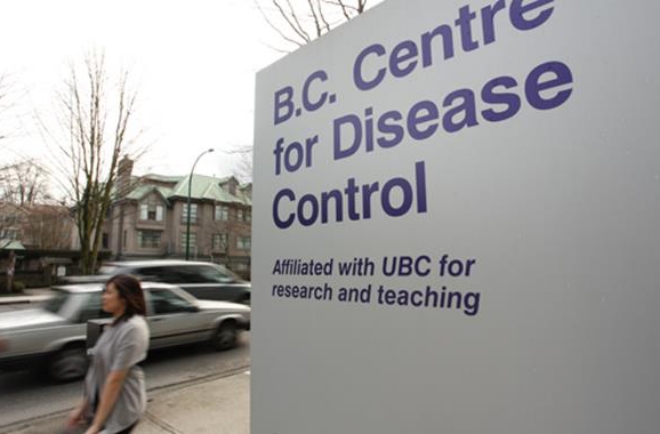
The You Matter Pathways to STBBI Care project is funded through the Public Health Agency of Canada …
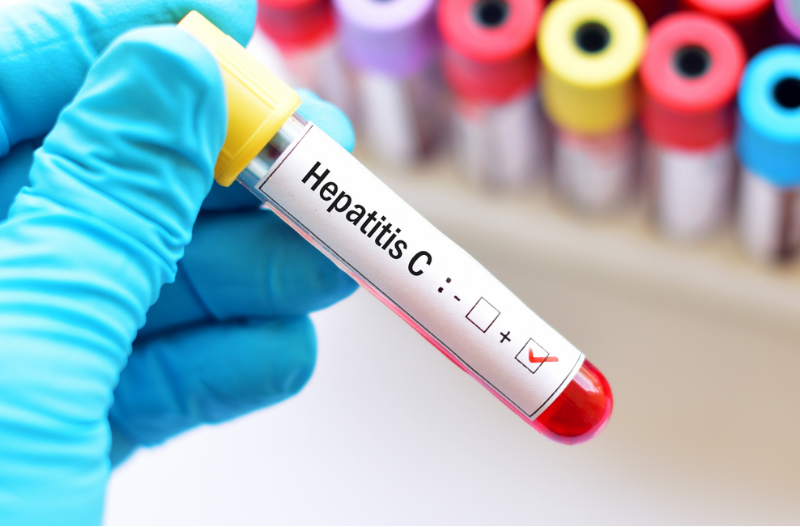
We recently received funding for the Test, Link, Call (TLC) Project which will be launched in Fall 2021 …
Link to conference
https://www.aasld.org/the-liver-meeting/program/digital-experience
